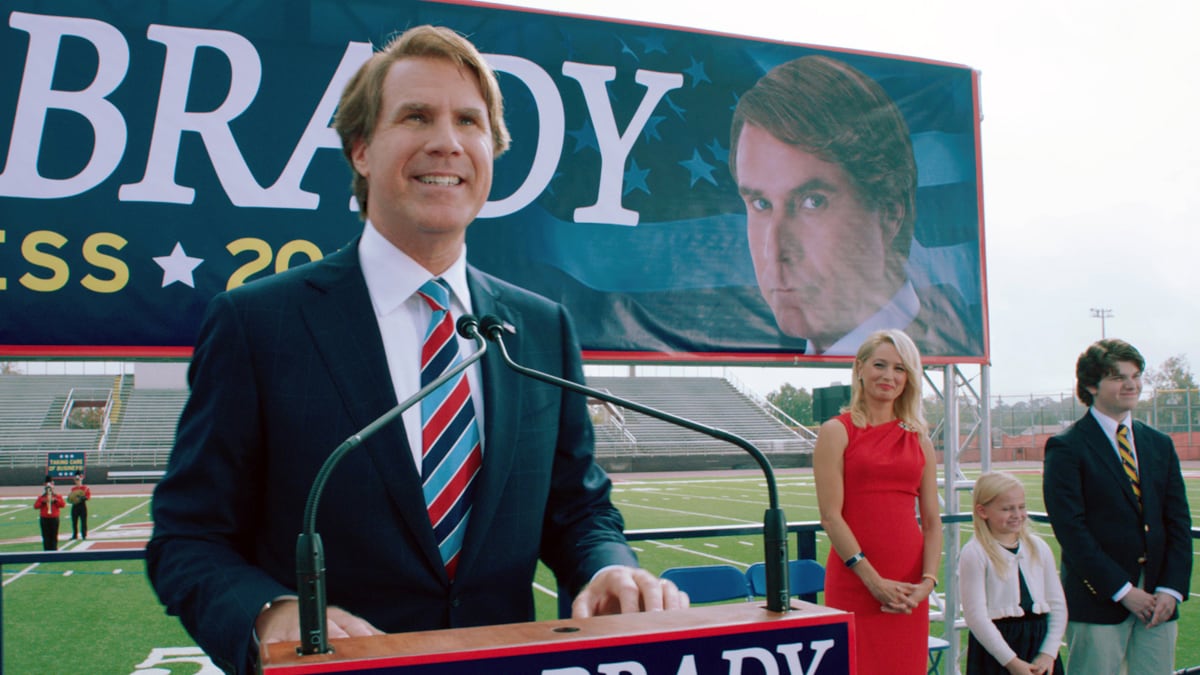Archive
Patti Perret, Warner Bros / AP Photo
‘The Campaign’: Will Ferrell Phones It In
Funny or Die
Will Ferrell’s new movie The Campaign is perfectly fine—but Richard Rushfield wishes the once inventive comedian would try harder.

Will Ferrell’s new movie The Campaign is perfectly fine—but Richard Rushfield wishes the once inventive comedian would try harder.
